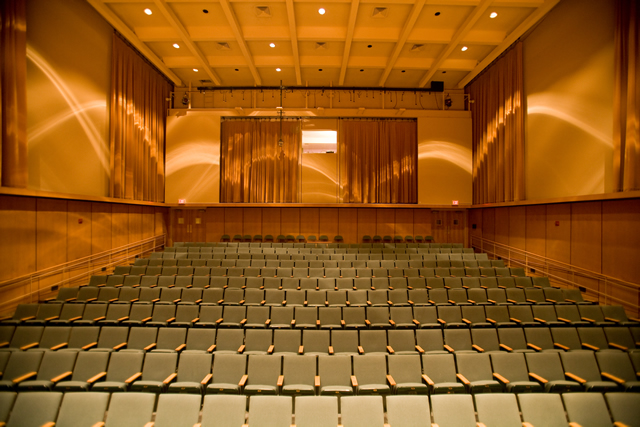
Music ETDs
Publication Date
9-19-1979
Abstract
The 19th-century genre of opera known as operetta has been commented upon since its appearance in the early 1830's, and most commentators credit the composer Hervé with the creation in 1848 of a particularly satirical, farcical type of operetta called opéra-bouffe. Hervé's contributions to the genre have not been fully explored, perhaps because Offenbach's contributions were so great. This paper analyzes Hervé's use of parody in Le petit Faust in order to add to the meagre coverage of his work.
Hervé creates a ''mock epic" in Le petit Faust based on the old Faust legend as retold by Goethe and by Gounod's librettists Jules Barbier and Michel Carré. The techniques of parody used by Hervé are techniques used by most opéra-bouffe composers of the period. The models for the parody come not only from Goethe's Faust and Gounod's Faust, but from the operatic conventions prevalent in contemporary Italian and French opera and from the social mores of Second Empire France,
The parody contained in the libretto of Le petit Faust is achieved in two ways, First, the characters and the plot are updated to represent contemporary social types and social life. Second, in the context of the updated plot and characters, specific episodes from both Goethe's Faust and Gounod's Faust are made to look ludicrous. The method of bringing an old myth or legend into a contemporary setting in order to serve as a backdrop for current social satire is comrmon to opéra-bouffe and demonstrates the relationship of this genre to the society of the Second Empire.
The musical parody in Le petit Faust is simple and direct. There are only a few exact quotations from Gounod's opera in which the quoted material is put in a ridiculous context. The remainder of the parody consists of a mocking imitation of Gounod's melodic inflections and cadences as well as a general spoof of operatic conventions, some of which Gounod used.
Although Le petit Faust was very popular at the time of its production in 1869, it quickly passed into oblivion. The reasons for this may stem from Hervé's technical deficiencies as a composer and the passing popularity of the parodied subjects.
Degree Name
Music
Level of Degree
Masters
Department Name
Department of Music
First Committee Member (Chair)
Susan Bess Patrick
Second Committee Member
Jane Snow
Third Committee Member
Karl Hinterbichler
Language
English
Document Type
Thesis
Recommended Citation
Bissell, Sally J.. "An Analysis Of The Use Of Parody In Hervé's Le Petit Faust." (1979). https://digitalrepository.unm.edu/mus_etds/36


